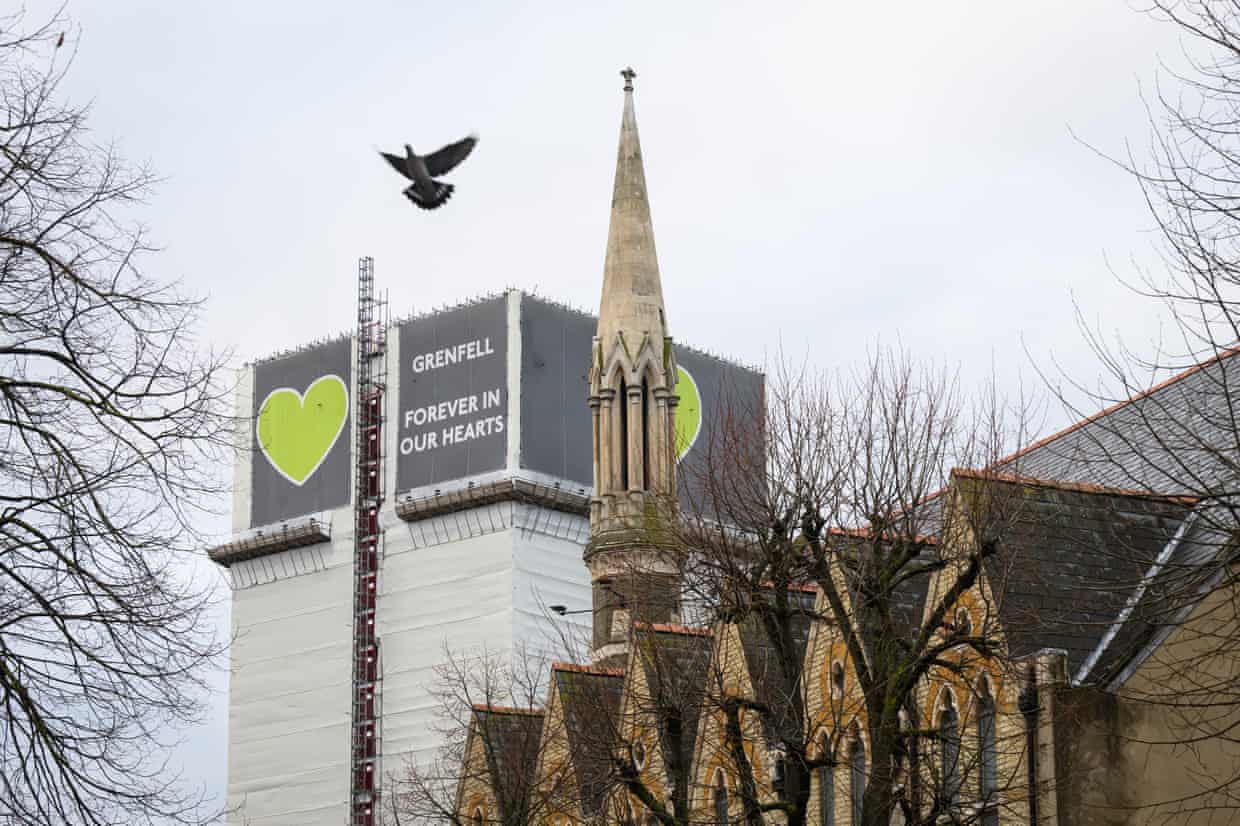Dampness, mould, and rats infesting children’s bedrooms – no one should endure the living conditions that many of my constituents face. Alarmingly, in one of the richest areas of the nation, this is the everyday existence of far too many families.
Since my election as Member of Parliament for Kensington and Bayswater last year, the issue of housing has been raised more frequently than any other topic. Over half of those who reach out to my office seek assistance with housing-related challenges: homes plagued by damp and mould; residents waiting months, and even years, for essential repairs; families placed in temporary accommodations far removed from their neighborhoods. The extent of the crisis is staggering, and it significantly affects people’s lives.
As we near the eighth anniversary of the Grenfell Tower fire, which took the lives of 72 individuals in the community I represent, we continue to confront the same systemic issues that precipitated this catastrophe: a framework that disregards, diminishes, and disrespects social housing tenants. The Grenfell inquiry illustrated that residents were treated by their housing provider as “a nuisance, or worse.” This culture persists within our housing system, and I witness its impacts daily through the correspondence I receive from residents.
A recent housing survey I conducted among Kensington and Bayswater residents underscores the depth of the crisis. Just over half (51%) of the 146 respondents identified damp and mould as significant issues in their residences; 89% had reported a problem to their landlord in the past year, yet 78% stated that the issues were not addressed upon first contact. Behind these numbers lie narratives of ongoing hardship.
Consider Sancha, who lives adjacent to Grenfell with her five children. Her son requires a wheelchair and is awaiting open-heart surgery. They inhabit the top floor of a building with a frequently malfunctioning lift. Their apartment lacks heating and sufficient hot water. Sancha has been on the waiting list for over three years to be relocated to an appropriate property within the Kensington and Chelsea borough and has received no updates.
Lacey, a mother of a six-year-old with autism, recounted that her daughter has attempted to jump from a window twice. Despite safeguarding alerts, they remain in overcrowded and hazardous housing. “I’ve reached burnout,” she expressed.
Another parent shared that their son has been missing school due to chronic respiratory issues stemming from damp and mould in their home – a danger that also caused the untimely death of Awaab Ishak in Rochdale in 2020, who suffered from extensive mould exposure in the one-bedroom flat he shared with his parents.
Substandard housing is a concealed contributor to inequality in the UK, limiting opportunities for children, jeopardizing health, and exacerbating the cost of living crisis. In Kensington and Bayswater, we are at the forefront of this issue. It’s one of the least affordable places to reside in the country, marked by severe housing inequality, with an average of just39 social or affordable homes built annually. This ranks as the third lowest in London, according to Trust for London. Such a situation is simply unacceptable.
On a positive note, the government has pledged to address our housing crisis from various angles. This includes the most significant rise in social and genuinely affordable housing in a generation as part of the plan to construct 1.5 million homes across England. Recently, the government announced a £2 billion fund aimed at producing up to 18,000 new social and affordable homes, with more expected in the upcoming spending review in June.
In addition to new housing, there are new laws and regulations concerning housing quality, including the implementation of Awaab’s Law this October, the long-overdue renters’ rights bill (which the Tories are still attempting to undermine), and the demand for enhanced training and professional standards for housing officers.
However, based on my experiences in Westminster, those policies will only be effective if accompanied by a transformation in the operations of social landlords. For instance, I’m skeptical that our current housing associations are equipped to implement Awaab’s Law, including the mandated 24-hour response time for emergency damp and mould situations. Many fail to take fundamental responsibilities, provide clear communication, or treat health hazards with the necessary urgency.
That’s why I launched a safe and healthy homes campaign last week, urging housing associations and local councils to commit to three key promises: to provide faster and higher-quality repair services; to inspect and address damp and mould issues in compliance with Awaab’s Law; and to enhance communication, ensuring that residents receive timely, accurate, and respectful updates about their homes. Some of these commitments will be legally enforceable by autumn, with major housing providers recently meeting residents at a public forum, where they agreed to these commitments and even proposed additional measures of their own. I am dedicated to holding them accountable.
My ambition is for this part of west London – with the legacy of Grenfell and its historical significance as a birthplace of many of the UK’s social housing organizations – to serve as a testing ground for reform. If we can establish a successful model here, we can set a precedent for the entire UK.
However, this effort is also about rebuilding trust – not only in housing providers but in the institutions designed to serve and protect us. When families feel overlooked, neglected, and forced to live in unsafe conditions, it undermines their confidence in the democratic system as a whole. If local and national governments fail to deliver something as fundamental as secure housing, public faith in democracy may falter. Addressing this crisis is essential to the government’s mission: to restore trust and demonstrate that public services are effective – for everyone, regardless of where they reside.
Joe Powell is the Labour MP for Kensington and Bayswater.

